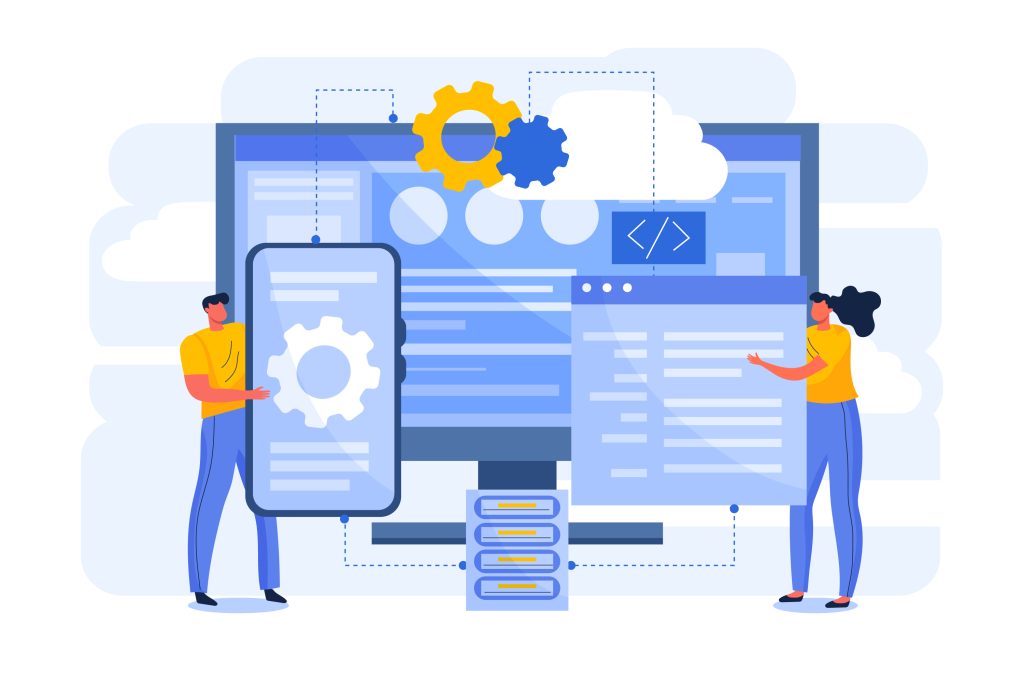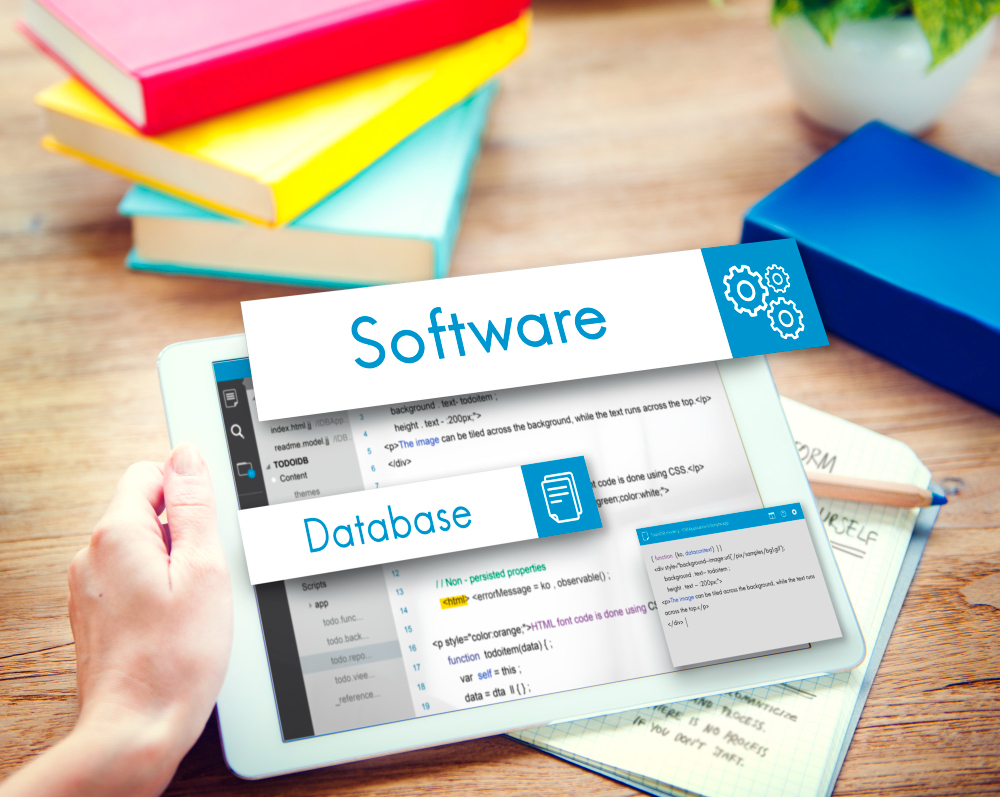Interactive software has become a popular tool for businesses to engage potential customers and effectively showcase their products and services. These demos provide an immersive and personalized experience, allowing buyers to actively explore and interact with a product’s features at their own pace. This article explores the popularity of interactive demos, their impressive features, and the benefits they offer to SaaS companies.
Interactive Product Demos: Engaging Prospective Buyers
Interactive product demos are dynamic and immersive virtual representations that provide prospective customers with an engaging and hands-on experience. Unlike traditional demos, they empower buyers by allowing them to actively explore and interact with the product’s features at their own pace. These demos can be easily integrated into websites, shared directly with prospects, or showcased on interactive touchscreens during sales events.
By putting the buyer in control, interactive product demos enable them to envision the value and benefits of the product in a personalized and meaningful way. This interactive approach enhances buyer understanding and engagement, ultimately leading to more informed purchasing decisions.
Benefits of Interactive Demos for SaaS Companies

Delivering effective interactive demos for SaaS companies with interactive software can offer several benefits, including the ones mentioned below.
1. Enhanced buyer experience
Interactive demos provide a personalized and engaging experience for prospects, allowing them to understand and experience the benefits of the software. It gives them control over their exploration, allowing them to go at their own pace and focus on the information that matters to them.
2. Consistent messaging
With interactive demos, your pre-sales team can ensure that the key messages are delivered consistently throughout the sales cycle. This ensures that prospects and sales representatives don’t miss out on important information, even during follow-ups after the demo.
3. Support in the early stages
Interactive demos can provide valuable support to prospects in the early stages of their buyer’s journey. These prospects may not be ready to engage with sales reps yet, but an interactive demo can offer them an engaging and informative experience without the pressure of a salesperson’s involvement. It also allows you to differentiate yourself from competitors by providing instant access to a personalized demo.
4. Shortened sales cycle
Today, buyers spend a significant amount of time conducting research and gathering information before directly contacting a vendor. An interactive demo empowers prospects to self-educate and make a case for your product, reducing the need for extensive input from your sales team. This, in turn, can significantly speed up the sales process.
Features of a demo software
1. Multimedia Integration
Interactive demo software seamlessly integrates various multimedia elements to create an engaging experience. Businesses can effectively incorporate videos, images, and animations to showcase the product’s features and benefits.
2. Interactive Navigation
One of the key features of the software is its user-friendly and interactive navigation system. Users can navigate through different sections, explore functionalities, and delve deeper into specific areas of interest.
3. Customization Options
It allows businesses to make the demo match their branding and specific needs. From color schemes to logos and fonts, customization options allow businesses to create a cohesive brand experience.
4. Real-time Interactions
Some interactive demo solutions enable real-time interactions, allowing users to communicate with the software or a representative. This feature enhances the user experience by providing immediate answers to queries or concerns.
Key Tips for Creating Outstanding Interactive Product Demos

1. Personalize the experience
Develop demo libraries tailored to specific personas or needs, allowing prospects to easily find the most relevant demo for them.
2. Focus on audience engagement
Include low-commitment calls-to-action (CTAs) early in the demo to encourage active participation and set expectations for interaction throughout.
3. Build trust through understanding
Continuously seek feedback and provide content that addresses your audience’s pain points and objectives, showing them that you listen and understand their needs.
4. Pay attention to the final CTA
Even if not all participants complete the entire demo, ensure that those who do are guided towards a clear and compelling call-to-action, such as sharing with a colleague or requesting a follow-up.
5. Leverage analytics for future messaging
Utilize advanced demo tools that offer integration and analytics capabilities. By gathering valuable insights, you can refine your messaging and create a more focused product marketing strategy.
Conclusion
interactive demo software is a powerful tool for businesses to engage potential customers and showcase products effectively. SaaS companies benefit from consistent messaging, early-stage support, and shorter sales cycles. Impressive features like multimedia integration, interactive navigation, and real-time interactions contribute to the software’s popularity. By leveraging interactive demos, businesses create engaging experiences that leave a lasting impact on buyers.
































































